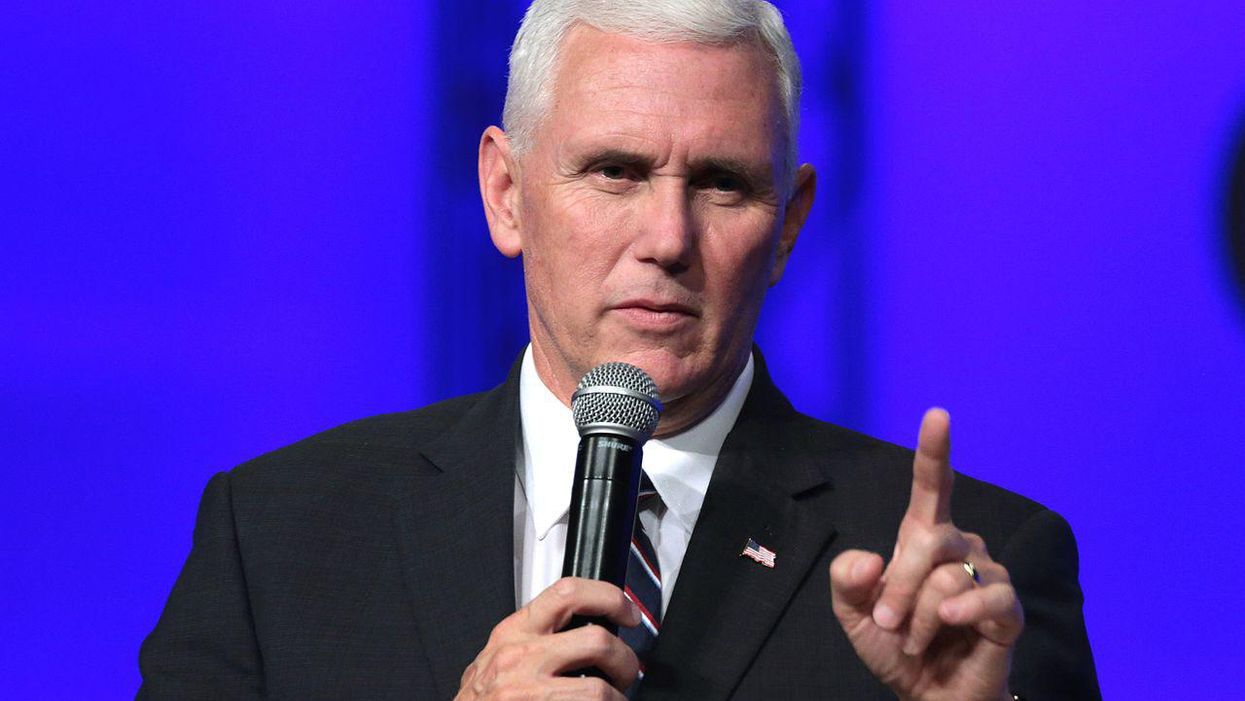By the time then-Vice President Mike Pence walked into the U.S. Capitol on Jan. 6, he had made it clear to a furious Donald Trump that he was not going to participate in a scheme to introduce an "alternate" slate of electors to keep his boss in office. He told the then-president he was going to perform the vice president's role according to the letter of the Constitution.
What hasn't been known until now is that Pence made an important change to the vice presidential script for the counting of electoral votes. For what is believed to be only the second time in U.S. history, Politico reports, Pence insisted on asking the question "are there any objections" each time a state's electoral vote results were announced. No vice president had added those words since Al Gore presided over his own defeat in 2001. It appears that Gore was the only one to have done it since at least 1937.
That phrase served as an intentional emphasis by Pence that he rejected the election challenge plan cooked up by Trump and attorney John Eastman.
Politico writes: "Pence embraced the long-dormant rhetoric in part as a rebuttal to Eastman, a close Trump ally, Pence’s counsel Greg Jacob told congressional investigators. The Electoral Count Act, Jacob noted, says the vice president “shall call for objections” after each state, and Pence made the decision to explicitly add those calls to articulate his disagreement with Eastman’s theory.
"The Electoral Count Act says: You shall call for objections,” Jacob told the committee. “[T]he ‘shalls’ were important to us, which was one of the reasons we had made sure that the transcript or the scripts for Jan. 6 had the call for objections because that was one of the things that the statute specifically required.”
Matthew Seligman, an election law expert and Yale University fellow, said Pence’s decision to revive the objection language was “prudent” because “for the first time in the statute’s history, the ECA’s procedures were under assault.”
“Prior vice presidents may not have felt the need to explicitly say out loud that members of Congress could object,” Seligman said.
Pence had foreshadowed his plan to call for objections during public remarks at a Georgia rally for Trump on Jan. 4. The then-vice president told the crowd, “We’ll have our day in Congress. We’ll hear the objections.” At the time Republicans interpreted his comment as a signal that he planned to go along with Trump's plot to overturn the legitimate election results. Today's revelations prove that was a false assumption.


